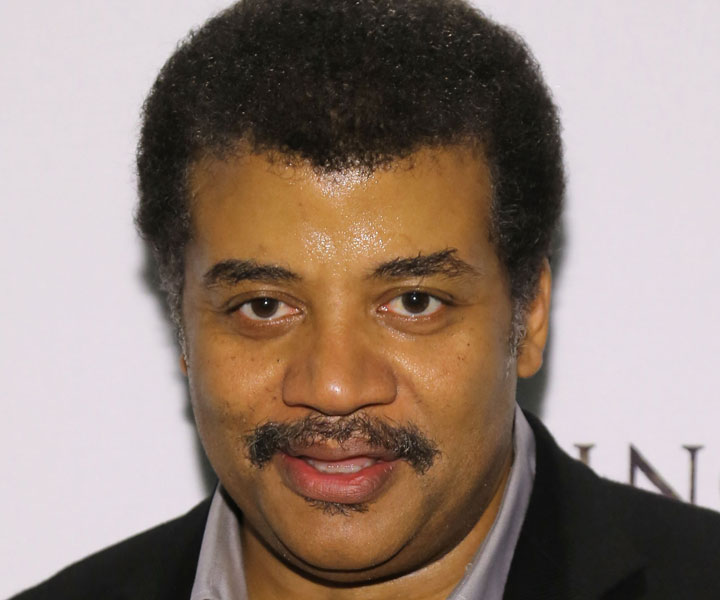TORONTO — The new movie Gravity has been praised as an out-of-this-world cinematic spectacle. Buzz Aldrin, the second man to walk on the moon, said he was “very, very impressed with it.” And Canada’s own spaceman Chris Hadfield called the movie “a very fun ride, beautifully shot.”

But renowned astrophysicist Neil deGrasse Tyson had a few bones to pick with Gravity, which rocketed to the top of the box office on its opening weekend.
Tyson, currently a director at the Hayden Planetarium, took to Twitter on Sunday to suggest the Sandra Bullock/George Clooney movie be renamed either Zero Gravity or Angular Momentum.
Tweeting to his 1.4 million followers, he wondered:

Get breaking National news
– “Why Bullock, a medical Doctor, is servicing the Hubble Space Telescope.”
– “How Hubble (350mi up) ISS (230mi up) & a Chinese Space Station are all in sight lines of one another.”
– “Why Bullock’s hair, in otherwise convincing zero-G scenes, did not float freely on her head.”
READ MORE: What the critics are saying about Gravity
Tyson also pointed out a few inaccuracies in Gravity — but conceded the movie “depicts a scenario of catastrophic satellite destruction that can actually happen.”
“When Clooney released Bullock’s tether, he drifts away,” Tyson tweeted. “In zero-G a single tug brings them together.”
He also pointed out nearly all satellites orbit Earth west to east “yet all satellite debris portrayed orbited east to west.” Tyson said satellite communications were disrupted at 230 miles up, “but communications satellites orbit 100x higher.”
Tyson found it odd that Clooney, playing an astronaut, “informs medical doctor Bullock what happens medically during oxygen deprivation.”
He also questioned “why anyone is impressed with a zero-G film 45 years after being impressed with 2001: A Space Odyssey” and “why we enjoy a SciFi film set in make-believe space more than we enjoy actual people set in real space.”
Scientific quibbles aside, though, Tyson admitted: “If you must know, I enjoyed #Gravity very much.”


Comments
Want to discuss? Please read our Commenting Policy first.